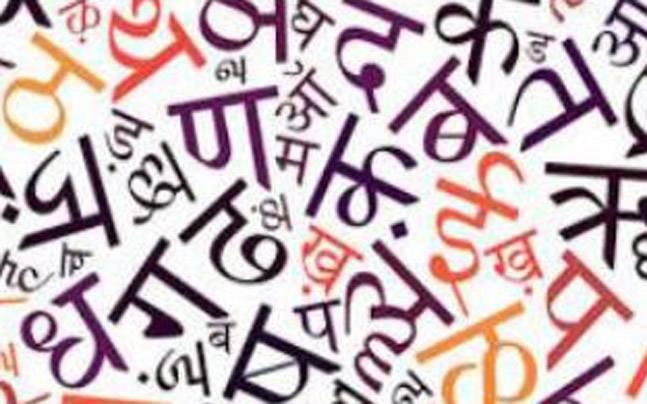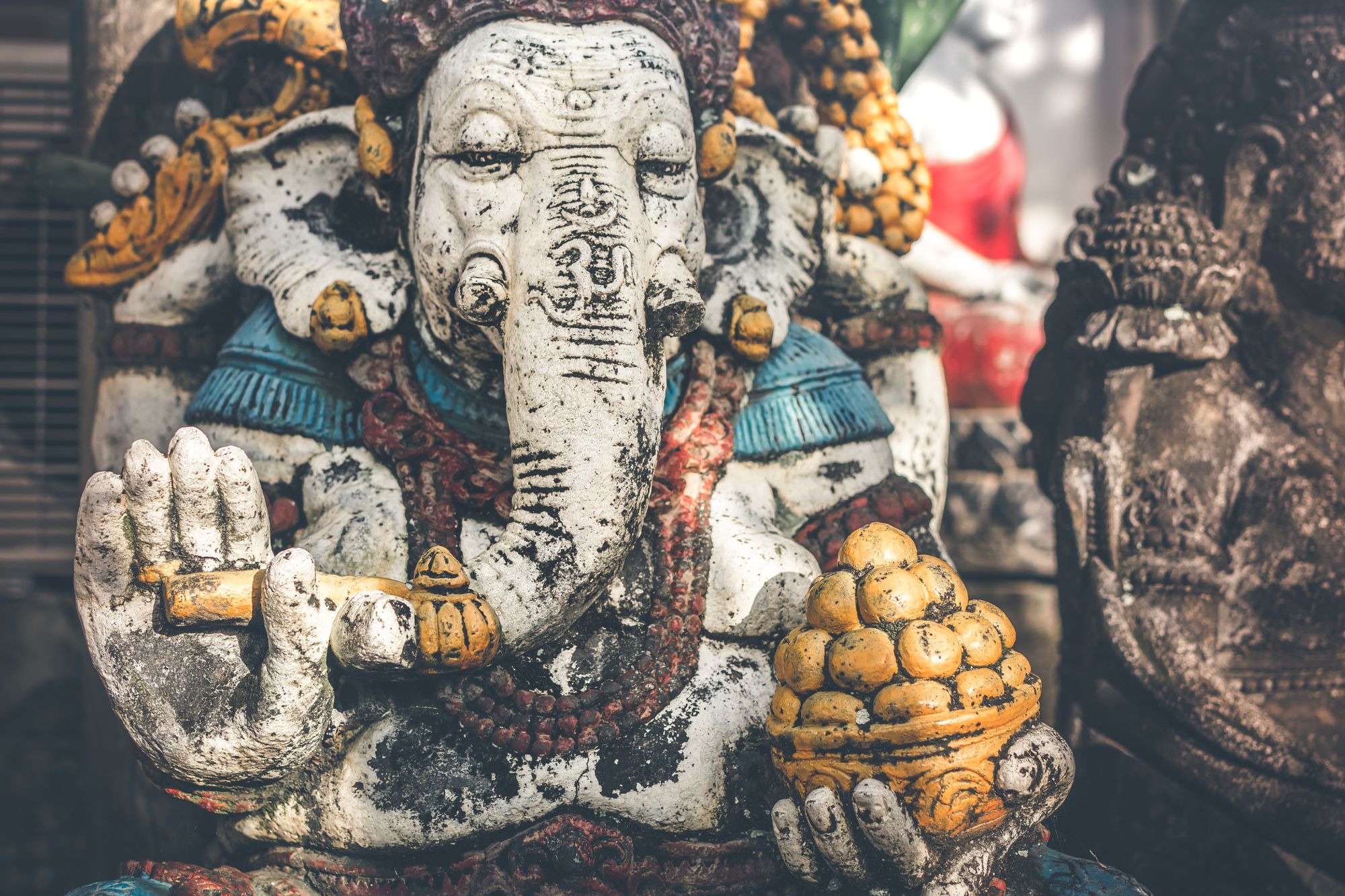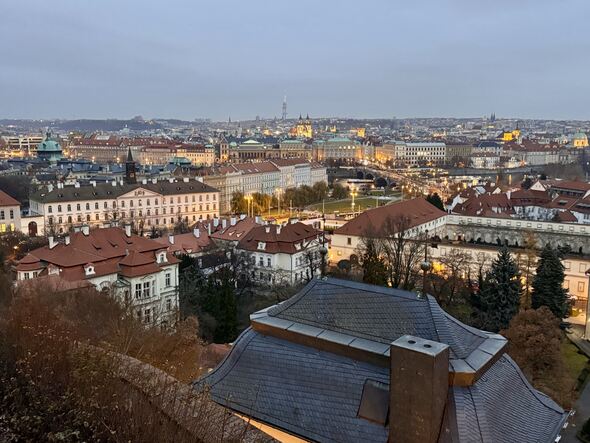India is a land of many gods and many languages as well. With the prospect of moving to the Czech Republic soon, I was having a chat recently with a Czech colleague about the challenges of moving to a country with English not being the first language. Though my colleague is well versed in English I was curious about how it would be among the general populace. He said that he dosen’t speak English on the streets and his parent’s generation were unlikely to know it at all. The only bright side to all this was the fact despite the presence of extra accents on their letters the Czech language still uses the letters we use in English.
More than half of India’s languages may die out in 50 years: Survey
More than half of the languages spoken by India’s 1.3 billion people may die out over the next 50 years, scholars said on Thursday, calling for a concerted effort to preserve the tongues spoken by the nation’s endangered tribal communities.

This got me thinking about how inherently multilingual Indians are compared to most other countries in the world. Again, I am not referring to the total number of languages which is still an overwhelming number in the hundreds. I am referring to how our circumstances easily let us learn multiple languages.
- Hindi is considered the national language of India and you can expect most people in most states to speak it. It’s also the language in which our popular Bollywood movies are made.
- The state language. Besides a few big states there is a local language other than Hindi spoken in the state. And if you were born or have settled down in a state for a few years you are likely to pick this new language up as well.
- Opportunity often keeps people on the move across the country but one of the first languages we learn is the one our parents speak irrespective of one’s birthplace
- English is the language most urban Indians are educated in. So even subjects like History, Geography and Science are all taught in English in modern schools even if our national language is Hindi.
The other revelation when I was thinking about is that despite Hindi being the national language for most practical intents and purposes, we are an English first country.
- Navigate to the website for any company that is providing a service specifically in India and English is the default even though they may provide multiple languages. This could be attributed to the fact that the internet relatively speaking is a new development and, in some sense, came from the west.
- What was most telling though was the fact that that packaged goods are all labelled in English. It was something I always took for granted. Can Indians imagine how thrown off we be if most of our everyday supplies switched to Hindi for the primary labelling.
Perhaps, this is all a legacy of colonial rule and the heavy industrialization that began during the British reign. Whatever the reason may be, we still might be the only ones who so freely mix multiple languages in the scope of a single conversation.





